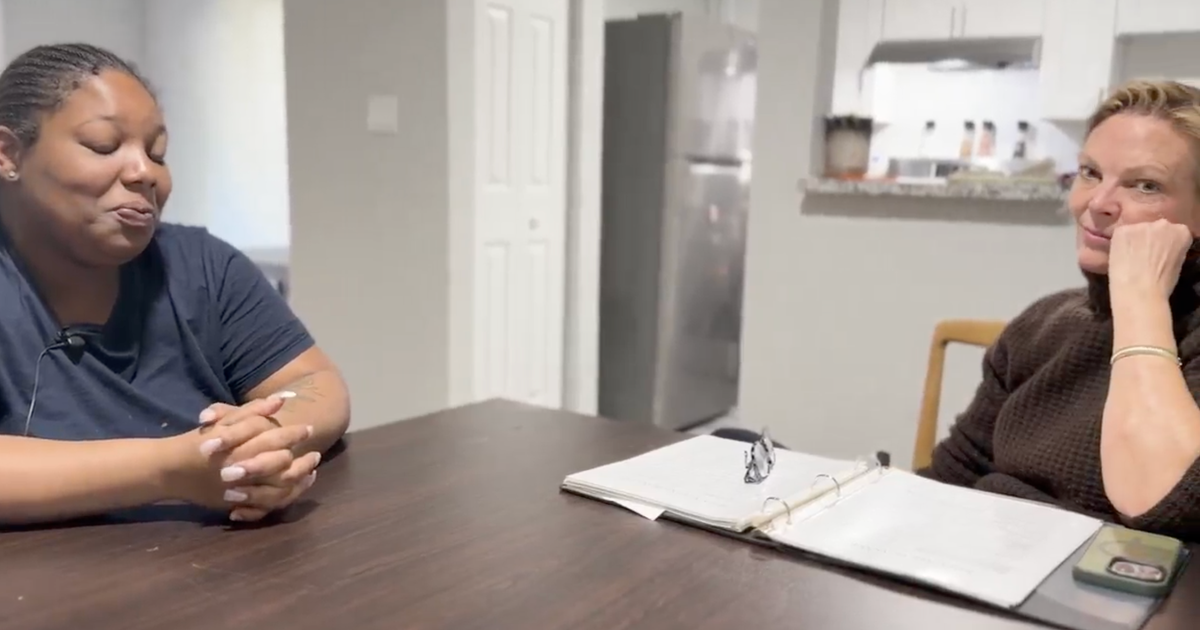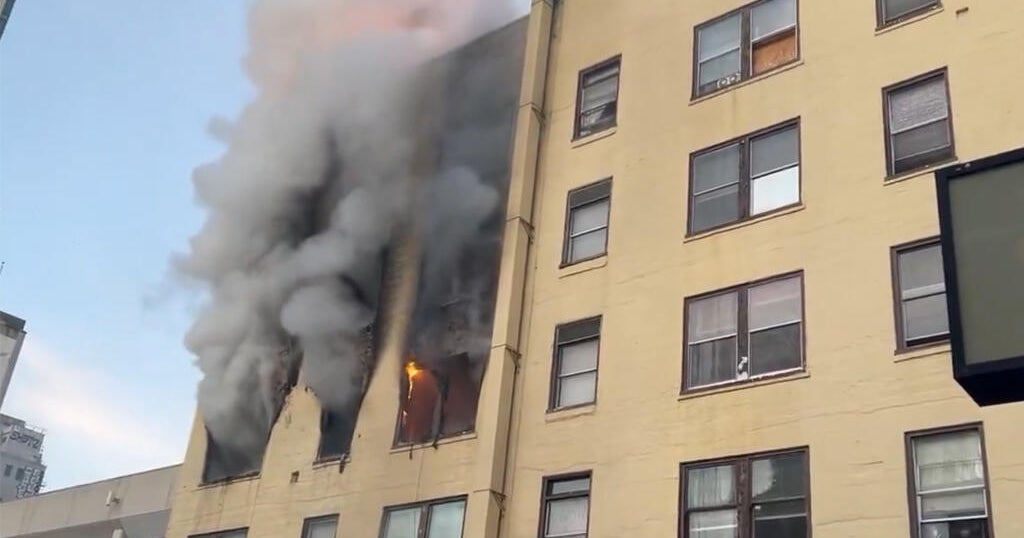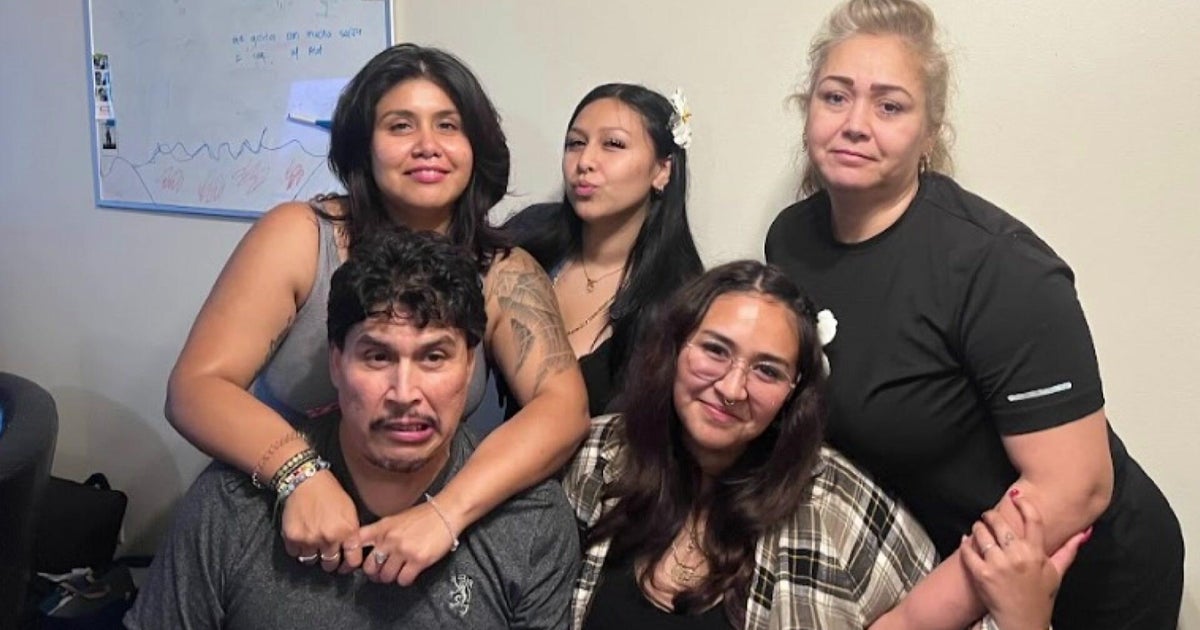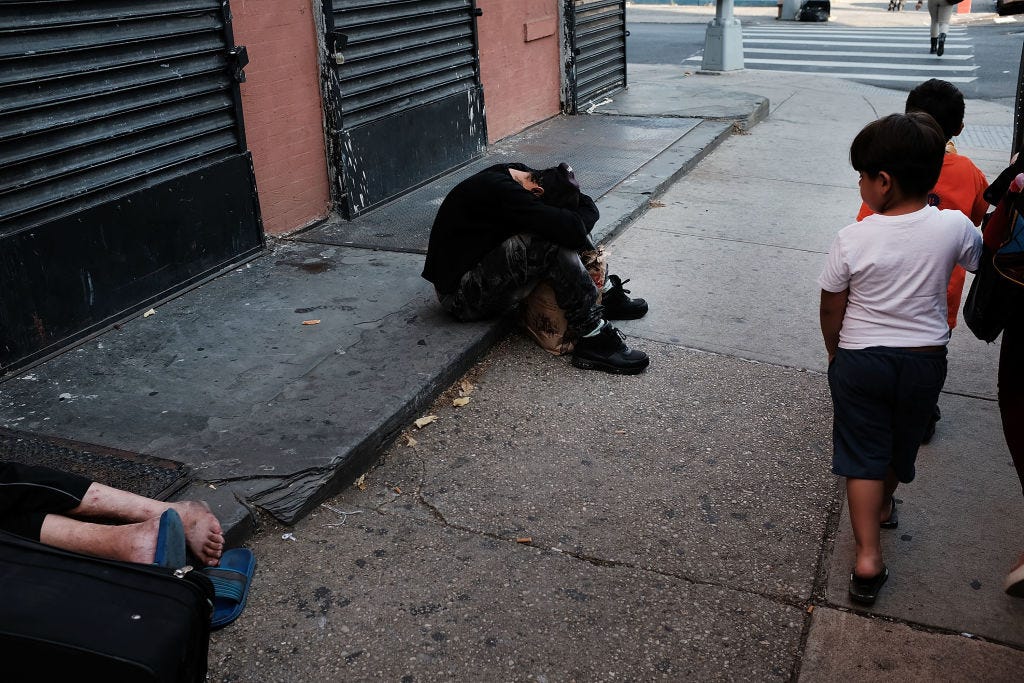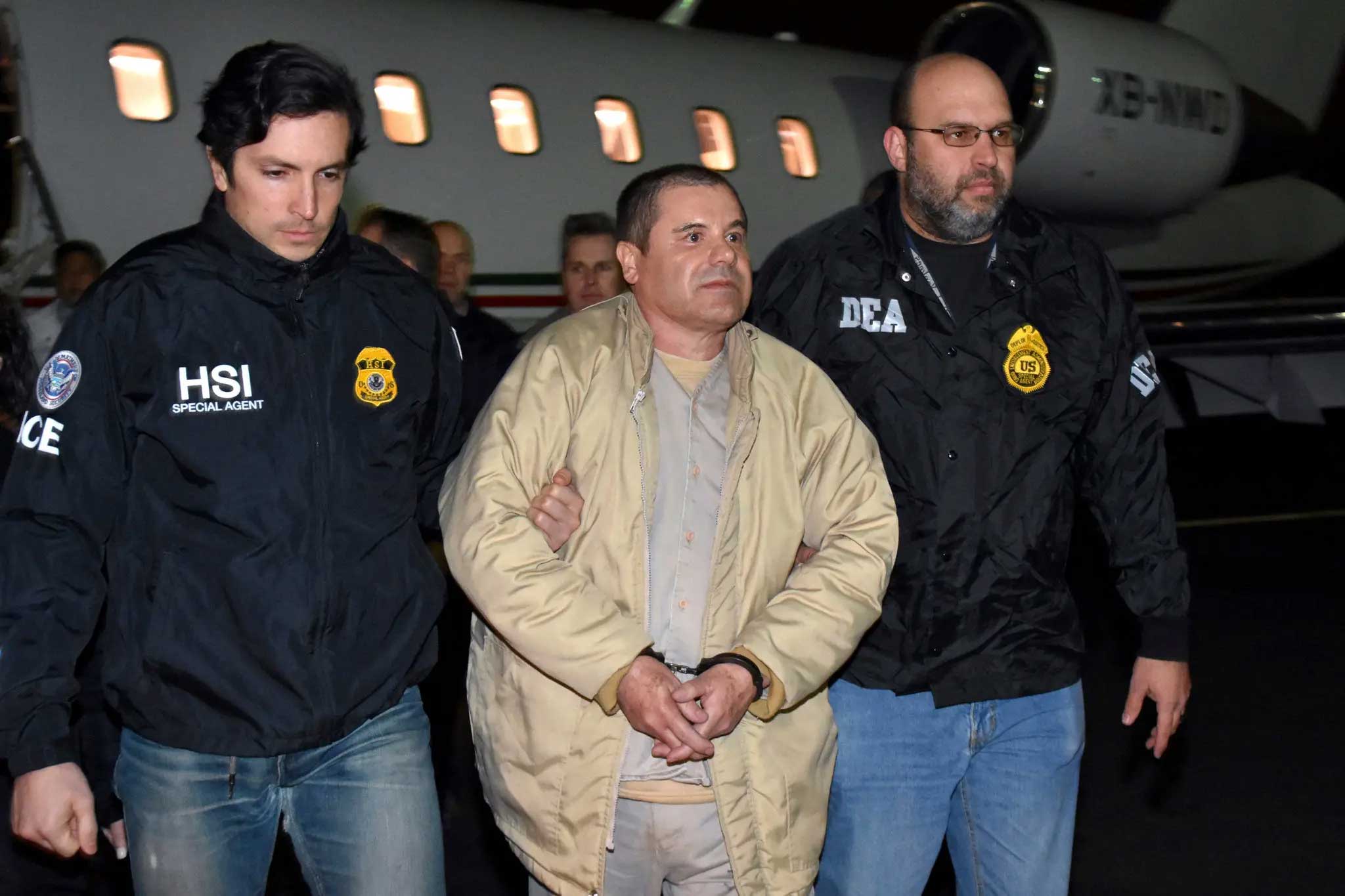Mexico's president blames U.S. fentanyl crisis on "lack of love, of brotherhood, of hugs"
Mexico's president said Friday that U.S. families were to blame for the fentanyl overdose crisis because they don't hug their kids enough.
The comment by President Andrés Manuel López Obrador caps a week of provocative statements from him about the crisis caused by the fentanyl, a synthetic opioid trafficked by Mexican cartels that has been blamed for about 70,000 overdose deaths per year in the United States.
López Obrador said family values have broken down in the United States, because parents don't let their children live at home long enough. He has also denied that Mexico produces fentanyl.
On Friday, the Mexican president told a morning news briefing that the problem was caused by a lack "of hugs, of embraces."
"There is a lot of disintegration of families, there is a lot of individualism, there is a lack of love, of brotherhood, of hugs and embraces," López Obrador said of the U.S. crisis. "That is why they (U.S. officials) should be dedicating funds to address the causes."
López Obrador has repeatedly said that Mexico's close-knit family values are what have saved it from the wave of fentanyl overdoses. Experts say that Mexican cartels are making so much money now from the U.S. market that they see no need to sell fentanyl in their home market.
Cartels frequently sell methamphetamines in Mexico, where the drug is more popular because it purportedly helps people work harder.
López Obrador has been stung by calls in the United States to designate Mexican drug gangs as terrorist organizations. Some Republicans have said they favor using the U.S. military to crack down on the Mexican cartels.
On Wednesday, López Obrador called anti-drug policies in the U.S. a failure and proposed a ban in both countries on using fentanyl in medicine - even though little of the drug crosses from hospitals into the illegal market.
U.S. authorities estimate that most illegal fentanyl is produced in clandestine Mexican labs using Chinese precursor chemicals. Relatively little of the illegal market comes from diverting medicinal fentanyl used as anesthesia in surgeries and other procedures.
There have been only scattered and isolated reports of glass flasks of medicinal fentanyl making it to the illegal market. Most illegal fentanyl is pressed by Mexican cartels into counterfeit pills made to look like other medications like Xanax, oxycodone or Percocet.
Mexico's Defense Department said Tuesday that soldiers found more than 1.83 million fentanyl pills at a stash house in the border city of Tijuana.
That raid came just weeks after Mexican soldiers seized nearly 630,000 fentanyl pills in Culiacan, the capital of the northern state of Sinaloa. Sinaloa is home to the drug cartel of the same name.
Mexican cartels have used the border city to press fentanyl into counterfeit pills. They then smuggle those pills into the United States.
The head of the Drug Enforcement Administration told CBS News that the Jalisco and Sinaloa cartels are the two Mexican cartels behind the influx of fentanyl into the U.S. that's killing tens of thousands of Americans.
Developed for pain management treatment of cancer patients, fentanyl is up to 100 times stronger than morphine, according to the DEA. The potent drug was behind approximately 66% of the 107,622 drug overdose deaths between December 2020 and December 2021, according to the Centers for Disease Control and Prevention. And since 2018, fentanyl-laced pill seizures by law enforcement has increased nearly 50-fold.
